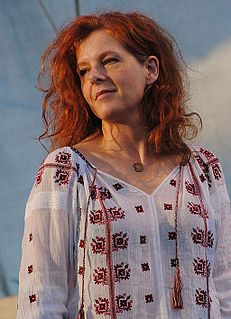A Quote by Taiye Selasi
I wouldn't mind my book being called an African novel if it didn't invite lazy readings.
Related Quotes
Ron Karenga wrote a book back in 1968, and in that book, he said that the reason, part of his motivation for starting Kwanzaa was because he felt that Christianity was the white man religion, and he didn't like Jews, and so he made up this lie. And he called it an African holiday because he was concerned that if he didn't call it an African holiday, that black Americans would not participate in it.
When I was a kid, I'd go to the African-American section in the bookstore, and I'd try and find African-American people I hadn't read before. So in that sense the category was useful to me. But it's not useful to me as I write. I don't sit down to write an African-American zombie story or an African-American story about elevators. I'm writing a story about elevators which happens to talk about race in different ways. Or I'm writing a zombie novel which doesn't have that much to do with being black in America. That novel is really about survival.
I love doing the readings. The readings are the fun bits... The readings are probably the things that actually keep me going on these. If I couldn't do the readings, I wouldn't do the [signing] tours. I get to stand up there and read to a bunch of adults who in many cases nobody's read to in years, since they were about five. They just squat on the floor. That's enormously enjoyable.
The more readings a novel has, even contradictory, the better. In journalism, you talk about what you know; you have provided yourself with records, you have gathered information, you have performed interviews. In a novel, you talk about what you don't know, because the novel comes from the unconscious. They are very different relationships with words and with the world. In journalism, you talk about trees; in the novel, you try to talk about the forest.
It's very bad to write a novel by act of will. I can do a book of nonfiction work that way - just sign the contract and do the book because, provided the topic has some meaning for me, I know I can do it. But a novel is different. A novel is more like falling in love. You don't say, 'I'm going to fall in love next Tuesday, I'm going to begin my novel.' The novel has to come to you. It has to feel just like love.
We're a culture that's obsessed with people who make and who squander ridiculous amounts of wealth, which seemed an obsession well worth interrogating in a novel. That probably accounts for what some have called the book's "sweeping" feel, but I don't know that I set out to be cinematic. I wouldn't know how to do that in a novel, specifically.






































